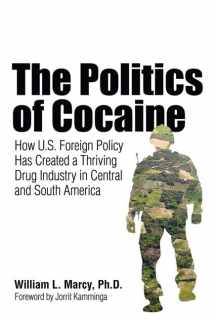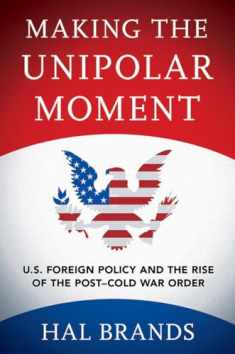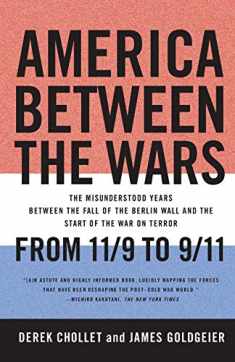
The Politics of Cocaine: How U.S. Foreign Policy Has Created a Thriving Drug Industry in Central and South America
Book details
Summary
Description
Drawing on declassified documents and extensive firsthand research, The Politics of Cocaine takes a hard look at the role the United States played in creating the drug industry that thrives in Central and South America. Author William L. Marcy contends that by conflating anti-Communist and counternarcotics policies, the United States helped establish and strengthen the drug trade as the area’s economic base. Increased militarization, destabilization of governments, uncontrollable drug trafficking, more violence, and higher death tolls resulted.
Marcy explores how the counternarcotics policies of the 1970s collapsed during the 1980s when economic calamity, Andean guerrilla insurgencies, and Reagan’s anti-Communist struggle with Nicaragua and Cuba became conflated as part of the War on Drugs. The book then explores how the U.S. invasion of Panama and narcotics related violence throughout Andean region during the 1990s led to the militarization of the War on Drugs as a way to confront narcotics production, narco-traffickers, and narco-guerrillas alike. Marcy brings to the reader up to the end of the George W. Bush administration and explains why to this date the United States remains unable to control the flow of cocaine into the United States and why the War on Drugs appears to be spiraling out of control.
The Politics of Cocaine fills in historical gaps and provides a new and controversial analysis of a complex and seemingly unsolvable problem.


We would LOVE it if you could help us and other readers by reviewing the book
Book review





